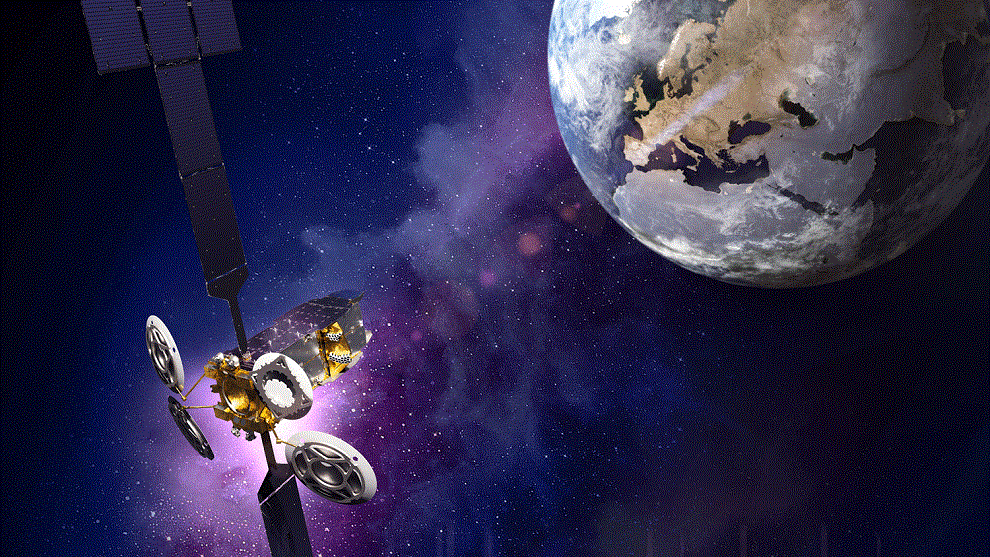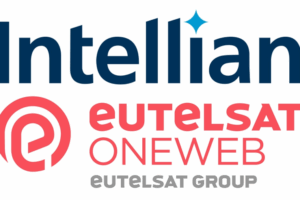Eutelsat Group and YahClick have announced the signing of a Memorandum of Understanding (MoU), enabling YahClick to leverage capacity on Eutelsat’s geostationary satellite, EUTELSAT KONNECT.
The collaboration between the two leading satellite operators is in line with Yahsat’s efforts to elevate its offerings and drive growth across its satellite broadband footprint in Africa to provide enhanced services and expand into new markets in Africa and beyond. As part of the agreement. Yahsat will enjoy exclusive rights to Eutelsat’s KONNECT capacity over Ethiopia, one of the fastest-growing African markets.
In service since November 2020, EUTELSAT KONNECT is a high throughput satellite delivering significant resources for broadband services with 75 Gbps of capacity across a network of 65 spotbeams. Originally covering Europe and Africa, the satellite’s entire capacity is being progressively transferred to provide dedicated African coverage.
Commenting on the MOU, Sulaiman Al Ali, Chief Commercial Officer of Yahsat said: ‘We are delighted to partner with Eutelsat and have access to state-of-the-art orbital assets, to support our satellite network. This partnership shall enable us to further enhance our portfolio and drive growth of our ‘YahClick’ broadband services to consumer and enterprise markets. Yahsat supported Eutelsat in the early years of its African Broadband journey, and we are happy to be collaborating once again to ensure our existing and future customers benefit from the highest level of service and availability.”
Ghassan Murat, Eutelsat’s RVP of the AMEA region added: “We are honoured to further deepen our ties with our long-standing partner, Yahsat. Yahsat’s strong presence in Africa and the Middle East through the successful deployment of its YahClick satellite broadband service, together with the uptake we are seeing as we progressively transfer EUTELSAT KONNECT capacity to Africa highlight the buoyant demand for robust broadband services in the market, and the pertinence of satellite in connecting users, even in the most remote locations.”












